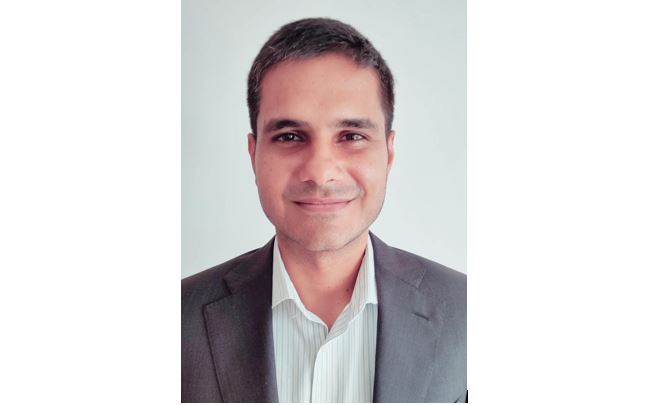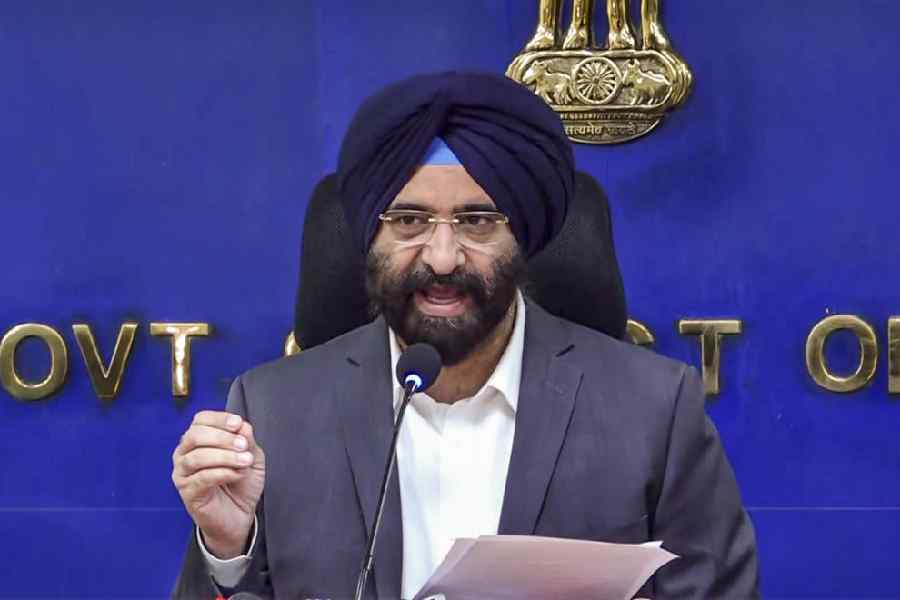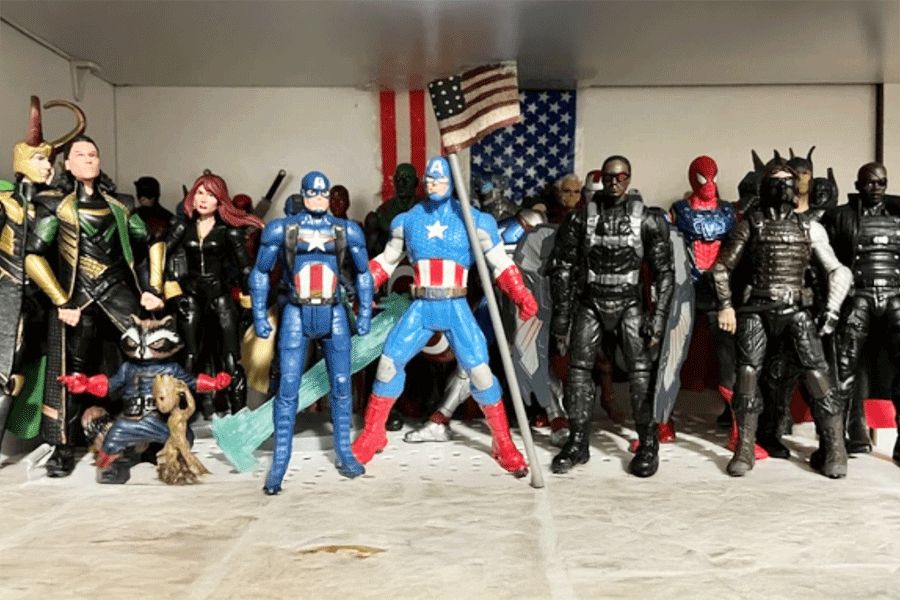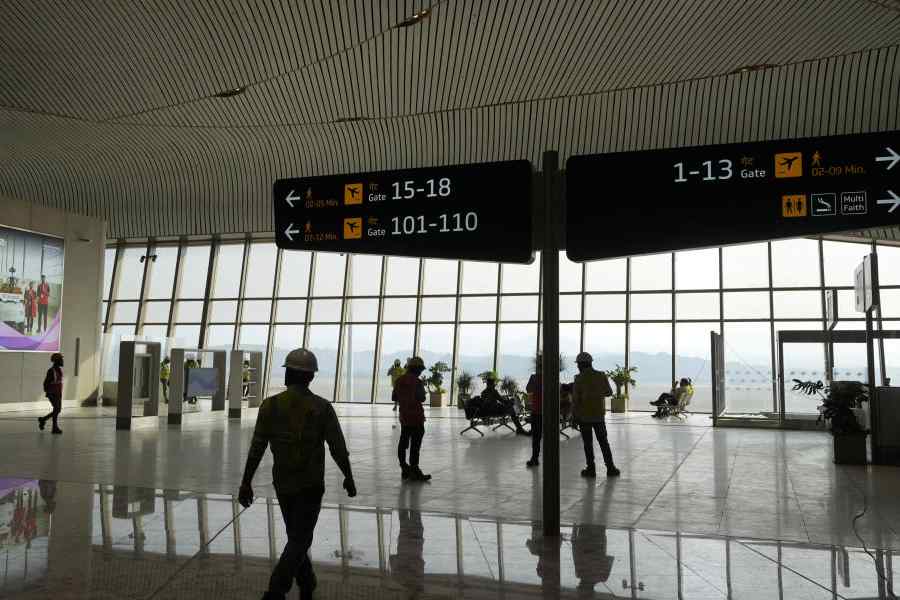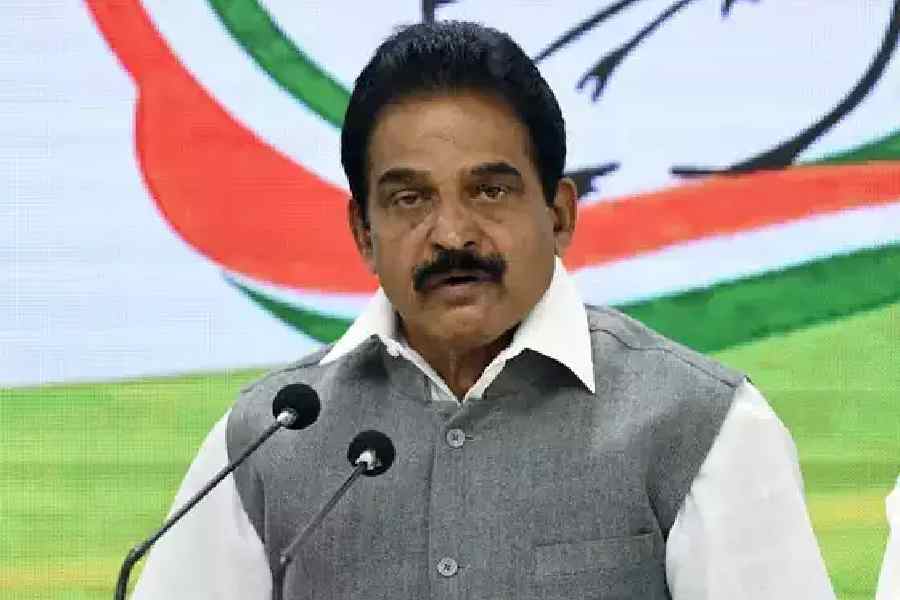- Tell us about your organization, your business plan, and the services you provide.
DFC Logistics is primarily a tech-enabled B2B and B2C logistics service provider. We started our operations in 2014. Due to size and capital constraints, India has over 65 million MSMEs that can only process limited orders before they reach scale. DFC Logistics provides a cost-efficient, fast and reliable solution for these smaller orders, ranging from a single parcel to a full truck.
DFC stands for Delivery For Change, and we aspire to help improve the lives we touch. From helping small companies expand their reach to the smallest villages of India to improving the lives of the end consumers who get access to better products due to our services, we hope to be the logistics company India relies on to deliver on the promise of a better future. We have three business verticals: parcel service, contract logistics, and warehousing.
- Describe the company's unique selling propositions.
DFC's USP is that it provides one of the cheapest rates for transportation to tier 2 cities. We are a full-stack logistics service provider whereby we do the first-mile pick-up, mid-mile, and last-mile delivery for our clients. We are tech-enabled, so the user experience for our clients is fairly seamless. Clients can request an online pick-up, track their deliveries, get email notifications and have online payment options. On the backend, we have proprietary software that helps us optimize our loading with the right product mix to maximize revenue per kg loaded. In addition to express parcel service to Tier 2 and Tier 3 cities, DFC Logistics also provides SMEs with short-term and long-term warehousing facilities ranging from 1 month to 11 months.
- How big is the team? How many cities does DFC Logistics have a presence in? What is the size of your user base? (Please share a few client names)
DFC Logistics has a team of over 50 employees, 100 delivery men, and more than 2000 vehicles attached to our organization. We have a presence in over 70 cities and are looking to expand to 300 cities in the next three years. We have 60,000 SMEs registered on our platform and have delivered ten million-plus consignments. Our clients include Rupa & Co, Lux, Aqualite, Khadims, Berger Paints and Bata India Ltd. Our operations are currently concentrated in East and North India, but we intend to expand throughout the country.
- What is the status of your funding? Also, please provide us with a detailed revenue breakdown since the company's inception. Has the business been profitable since its inception? How much growth are you witnessing year after year?
We are a bootstrapped company and have taken about INR 10 Cr from banks to grow our business. We have always looked to maintain positive unit economics when opening branches and have been a profitable company from day one. We have grown at an average growth rate of over 200%, including the years affected by COVID. Last year, we had a turnover of over INR 26 Cr in FY 21-22. We expect to generate INR 40 Cr in revenue this year as we expand our presence in Uttar Pradesh and North Bengal.
- How do you plan on expanding your footprint?
Currently, we have three sorting centers, 35 booking offices, and 32 branches. Our target is to open 30 branches this year and we are looking at tier 2 and tier 3 cities in West Bengal and Uttar Pradesh.
- How huge is the Indian logistical infrastructure and how difficult is it for a newcomer like DFC to break into it?
The Indian logistics market is pegged at over USD 200 billion and growing at a CAGR of 8%. The largest logistics company in India by market capital-Delhivery (valued at about USD 5 billion/INR 36,300 Crores) did not even make a billion dollars (INR 5,911 Crores in FY 21-22) in revenue. So there is enough room for several companies like Delhivery to exist.
Since logistics is not a regulated industry, the barrier to entry is extremely low. Despite this, I would say it is fairly tough for newcomers to break into this industry. This is because, like any commoditized industry, logistics is also sensitive to scale. Newcomers must look at the big picture and blitz scale, or they will eventually get outpriced by their competition. Newer companies talk about being asset-light; we need to remember that logistics companies are only as good as their infrastructure, and the infrastructure acts as a moat in the long run. VRL Logistics has over 4,800 owned vehicles.
Similarly, TCI Express, which has the best net profit margin of 10% in the industry, owns the land of its key sorting centers. Delhivery has proved that scale can be achieved by being asset-light. However, even Delhivery is now investing in CAPEX, which looks to be profitable. So, by being asset-light, we can stretch a dollar when trying to scale, but achieving profitability requires prudent capital investment into the business.
- What are the current challenges you're dealing with?
The logistics industry as a whole is facing the issue of ever-increasing costs. In the last five years, fuel, insurance, and vehicle prices have increased more than 30%. The GST on trucks is 28%, which is a huge burden for newcomers. However, we are looking to buy EVs for our first and last-mile mobility solutions. This will help us, especially in East India, where we will have the first-mover advantage as and when the government looks to restrict ICE vehicles from entering city limits, as Delhi has done over the last few years.
This is a sponsored article.

